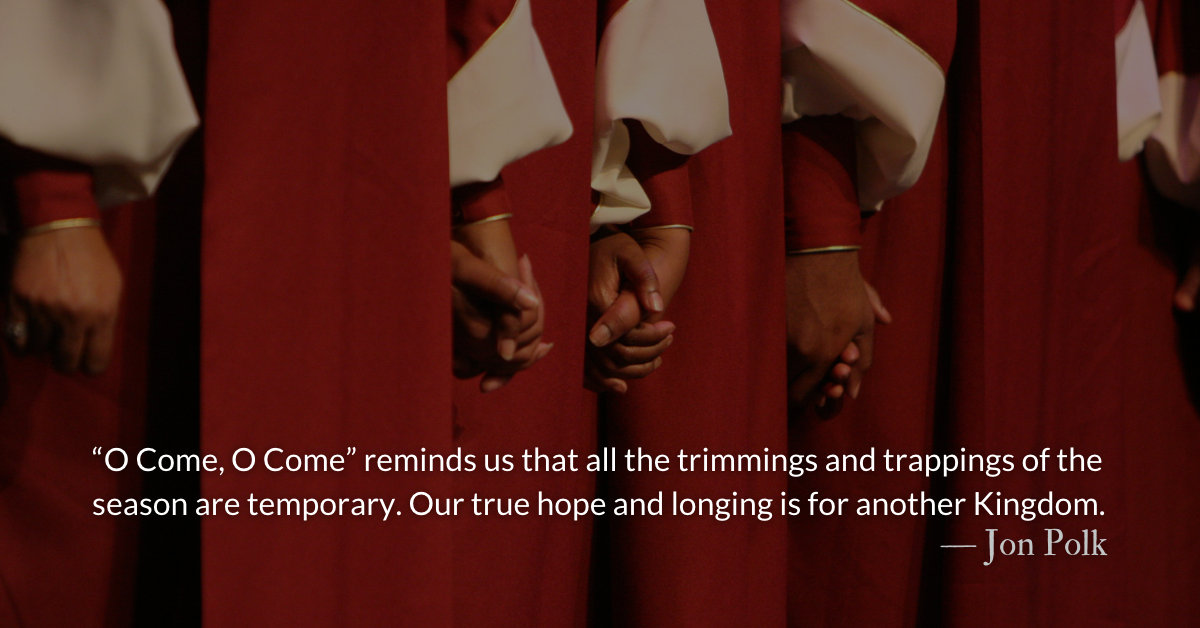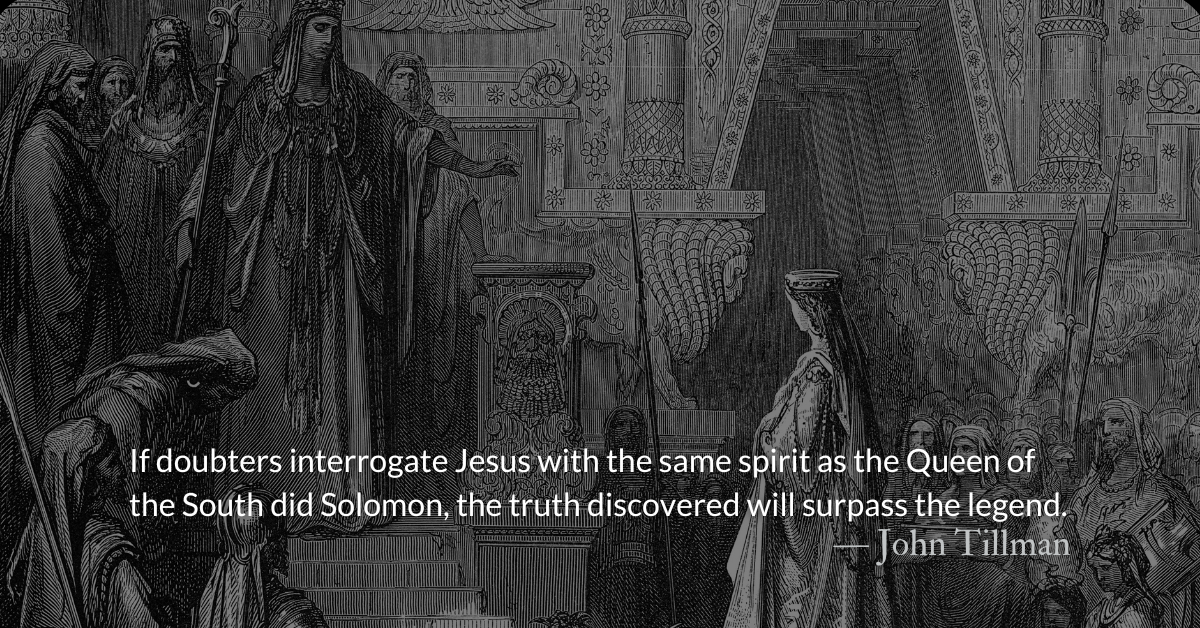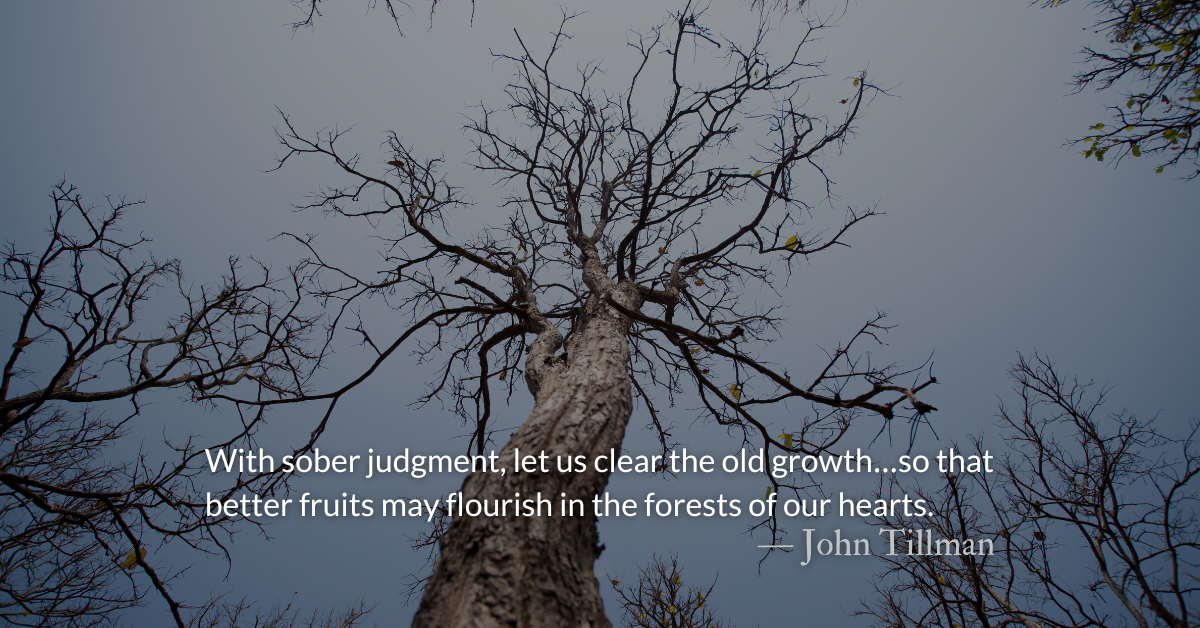Scripture Focus: Hebrews 10:5-7
5 Therefore, when Christ came into the world, he said:
“Sacrifice and offering you did not desire,
but a body you prepared for me;
6 with burnt offerings and sin offerings
you were not pleased.
7 Then I said, ‘Here I am—it is written about me in the scroll—
I have come to do your will, my God.’”
Isaiah 7:14
Therefore the Lord himself will give you a sign: The virgin will conceive and give birth to a son, and will call him Immanuel.
Matthew 1:20-23
20 But after he had considered this, an angel of the Lord appeared to him in a dream and said, “Joseph son of David, do not be afraid to take Mary home as your wife, because what is conceived in her is from the Holy Spirit. 21 She will give birth to a son, and you are to give him the name Jesus, because he will save his people from their sins.”
22 All this took place to fulfill what the Lord had said through the prophet: 23 “The virgin will conceive and give birth to a son, and they will call him Immanuel” (which means “God with us”).
Reflection: O Come, O Come, Emmanuel — Carols of Advent Hope
By Jon Polk
Somewhere across Italy in the 6th century, a series of Latin chants for the season of Advent began to take shape. By the 8th century, these chants, the “O Antiphons,” were being sung in monasteries and convents around the world.
For over twelve centuries, the seven “O Antiphons,” known also as the “Great Advent Antiphons” or more simply, the “Great Os,” have been sung or recited at vespers from December 17th through 23rd, preceding the “Magnificat of Mary” sung on Christmas Eve.
Around the 12th century, the chanted antiphons were converted into a metrical Latin poem bearing the title, “Veni, Veni, Emmanuel.” This hymn was discovered and translated into English by John Mason Neale in 1851, published in his Hymns Ancient and Modern as “O Come, O Come, Emmanuel.”
The original “O Antiphons” consist of seven passages focused on the meaning of the Incarnation. As might be expected from a series of monastic chants, the resulting hymn is theologically dense, each verse consisting of a Messianic title from scripture with additional explanation.
O Sapientia (Wisdom)
1 Cor. 1:24, “Christ… the wisdom of God”
O come, Thou Wisdom from on high,
And order all things, far and nigh
O Adonai (Lord)
Ex. 3:15, “The LORD, the God of your fathers”
O come, Adonai, Lord of might,
Who to Thy tribes, on Sinai’s height
O Radix Jesse (Root of Jesse)
Isa. 11:10, “the Root of Jesse will stand”
O come, Thou Rod of Jesse, free
Thine own from Satan’s tyranny
O Clavis David (Key of David)
Isa. 22:22, “the key to the house of David”
O come, Thou Key of David, come
And open wide our heav’nly home
O Oriens (Dayspring)
Luke 1:78, “the dayspring from on high” (KJV)
O come, Thou Dayspring, from on high,
And cheer us by Thy drawing nigh
O Rex Gentium (King of the Nations)
Jer. 10:7, “King of the nations”
O come, Desire of nations, bind
All peoples in one heart and mind
O Emmanuel (God with Us)
Isa. 7:14, “The virgin… will call him Immanuel.”
O come, O come, Emmanuel,
And ransom captive Israel
The first letters of the titles in reverse is an acrostic of the Latin, “ero cras,” meaning “I will be there tomorrow,” a sentiment appropriate for Advent as we await the return of Christ.
Before we rush into the joyful exuberance of the Christmas season, distracted by parades, pageants, and presents, the calm and quiet “O Come, O Come” reminds us that all the trimmings and trappings of the season are temporary. Our true hope and longing is for another Kingdom where the coming Messiah King soothes our doubts, heals our afflictions, wipes our sorrowful tears, and rescues us from captivity to sin.
Rejoice! Rejoice! Emmanuel
Shall come to thee, O Israel.
Listen: O Come, O Come Emmanuel by Sixpence None the Richer
Read: Lyrics from Hymnary.org
From John: I was excited to see Jon writing on the O Antiphons since I was only introduced to them last year when the church I attend used them as the focus of our Advent season. You can check out more info about them on our church’s website, including a video explaining their history, sermons from last year, and pictures of an art gallery focused on the O Antiphons. (You can even spot me and my wife, Melissa, looking at the art in the gallery.)
Divine Hours Prayer: The Small Verse
Keep me, Lord, as the apple of your eye and carry me under the shadow of your wings.
Today’s Readings
Daniel 12 (Listen 2:40)
Hebrews 10 (Listen 5:33)
Read more about Supporting Our Work
We believe Christians, changed by the Bible, will change the world. We need your help to provide biblical content for free with no ads and no agendas.
Read more about One Worth Rejoicing In
Leaders…shrivel before our eyes like a diseased root…but there is a leader coming, the “Root of David”, who will set all things right.










